Precision Threads, as a technology widely used in high-precision fields, are often overlooked for their importance. However, whether in aerospace, automotive manufacturing, or medical equipment, these tiny threads carry huge responsibilities. They are not only related to the reliability and durability of equipment, but also affect the production efficiency and safety of various industries.
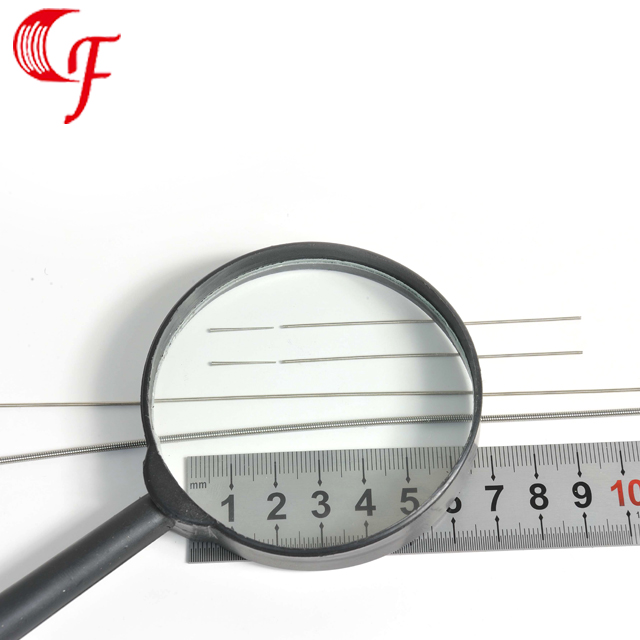
Precision and application of threads
The biggest feature of precision threads is their strict dimensional tolerances, which are usually used in fields that require high reliability and precise fit. For example, in the aerospace industry, the wing connection parts of the Boeing 787 use precision threads to ensure stability and safety in high-pressure environments. For high-load equipment such as aircraft, any looseness or failure can lead to catastrophic consequences. Therefore, the manufacture and application of precision threads must meet extremely high technical standards.
The application of this technology is not limited to spacecraft. BMW also uses precision thread technology in the production of its automotive engine components, using a rolling process to ensure the surface finish and durability of the threads. The rolling process can reduce the surface roughness of the threads to less than Ra 0.8 µm, thereby greatly improving the wear resistance and service life of the threads. According to research, the machining accuracy of threads has been improved by 10% to 30%, which not only improves the reliability of parts, but also reduces the cost of maintenance and replacement.
Precision Manufacturing: Process and Technology
The manufacturing process of precision threads determines the breadth and diversity of their application areas. Common manufacturing methods include cutting, turning and rolling. Rolling technology is particularly suitable for large-scale production of high-strength and high-precision threads. The practice of BMW and other automobile manufacturers has shown that the use of rolling technology can reduce the thermal deformation generated during the processing process, and the surface of the thread is smoother, which effectively extends the service life. Compared with traditional cutting technology, rolling technology not only improves production efficiency, but also significantly improves the mechanical properties of threads.
The manufacturing of precision threads requires materials to have extremely high strength and stability. For example, titanium alloys are widely used in the aerospace field because of their light weight, high strength and corrosion resistance. NASA has used titanium alloy threads in multiple space probes to ensure the stability and long-term reliability of threads in extreme environments. The tensile strength of titanium alloys can reach 900 MPa, which is much higher than that of ordinary steel, which enables it to maintain excellent performance in extreme environments such as high and low temperatures.
Standards and quality: guarding precision
Quality control of precision threads is another key to their successful application. Whether it is aerospace, automotive or medical industries, the design and manufacture of precision threads must follow strict standards. One of them is the international standard ISO 68-1, which provides detailed dimensions and matching requirements for various threads to ensure precise matching between parts. During the production process, Mercedes-Benz and other car companies strictly follow ISO standards to ensure that each thread can be produced under high precision requirements.
In addition, with the development of science and technology, intelligent quality control methods are also gaining more and more attention. Companies such as Schneider Electric use 3D scanning technology to monitor threads in real time to ensure their accuracy and quality. Through precise three-dimensional measurement, these companies can promptly detect deviations in the production process and make adjustments quickly to prevent unqualified products from entering the market.
Challenges and future
Although precision thread technology has achieved remarkable results in many industries, it still faces many challenges. The strength and stability of threads may be greatly reduced in high temperature environments. For example, threads in space probes must be able to withstand temperature changes of thousands of degrees Celsius, which places extremely demanding requirements on materials. In addition, with the development of intelligent and automated manufacturing, the production efficiency and quality control of precision threads will usher in a new round of innovation. The combination of intelligent machine tools and automated detection systems is expected to significantly improve production speed and product consistency.
In the near future, with the advancement of intelligent manufacturing and artificial intelligence technology, the production of precision threads will become more efficient and accurate. According to forecasts, intelligent production systems can improve production efficiency by 20% to 30%, while reducing manual intervention and operating errors. This not only reduces production costs, but also ensures high precision and consistency of products.
Customization needs and market expansion
In addition, with the increase in personalization and customization needs, precision threads have also been customized in more fields. For example, in the medical industry, dental implants, surgical instruments and other fields, precision threads not only require extremely high strength, but also must be tailored to the specific needs of patients. Straumann, a Swiss company, provides high-quality dental implants through customized precision threads, helping patients achieve more efficient treatment and shorter recovery periods.
Customization services for precision threads have not only been promoted in the medical field, but have also gradually become a trend in other high-end manufacturing industries. From high-end consumer goods to special tools, more and more industries are beginning to realize the market potential of customized precision threads. They can not only improve the personalized experience of products, but also provide more reliable solutions in applications with higher technical requirements.
Conclusion
Precision threads, this inconspicuous technology, actually plays a vital role in modern industry and high-end manufacturing. From aerospace to automobile manufacturing, to medical devices, its precision and performance are directly related to the quality and safety of products. With the continuous advancement of manufacturing technology, the application of precision threads will be more extensive, and gradually develop in a more intelligent and customized direction. For the future, the potential of precision threads is far from being fully released, and its development space and application prospects are still full of infinite possibilities.






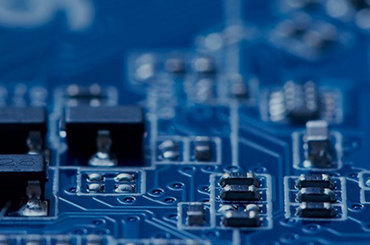
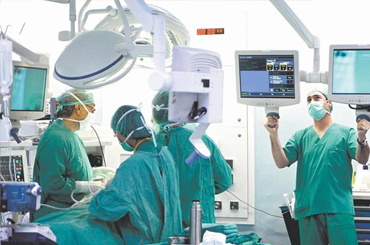
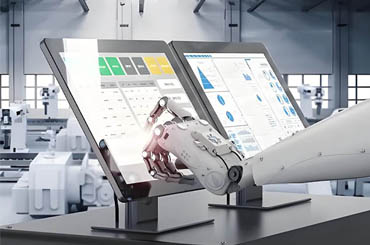
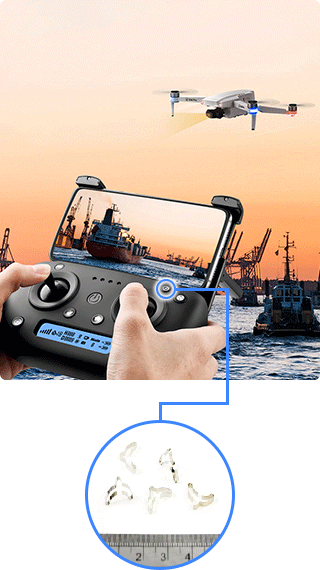


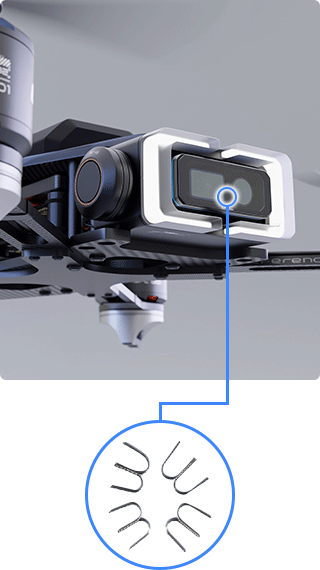
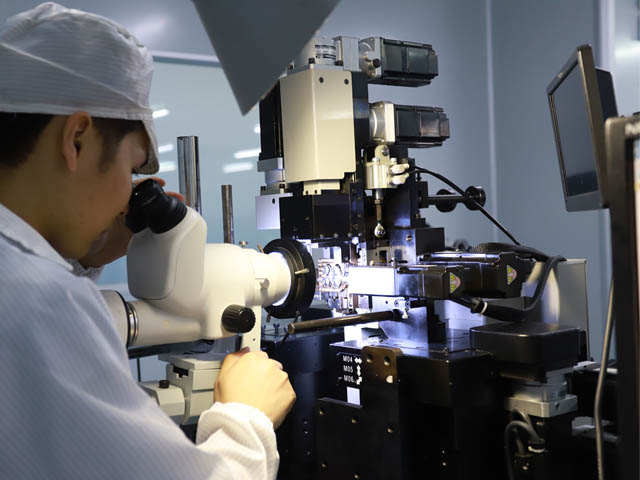

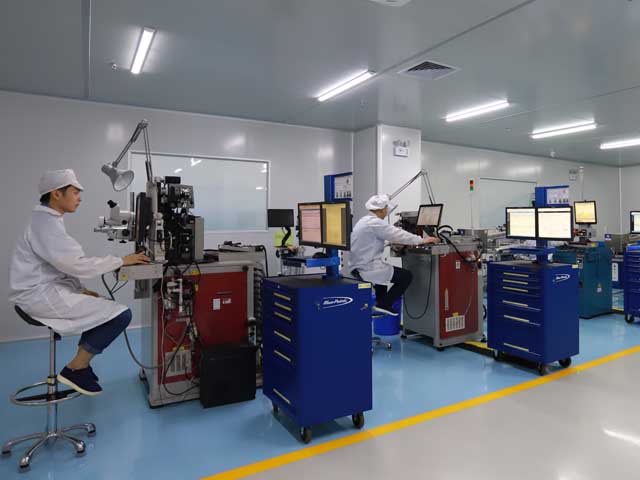






 English
English
